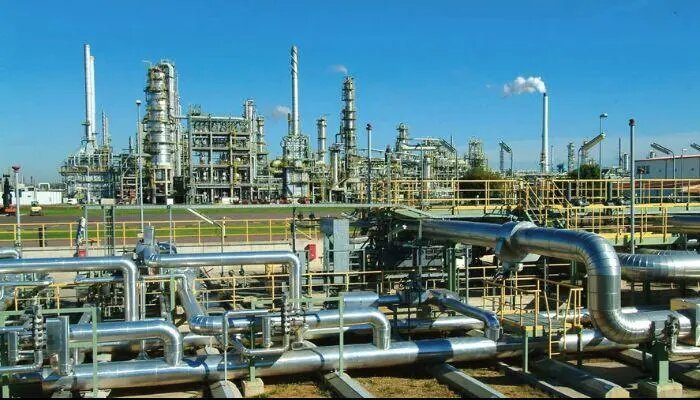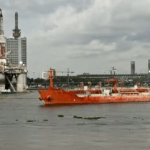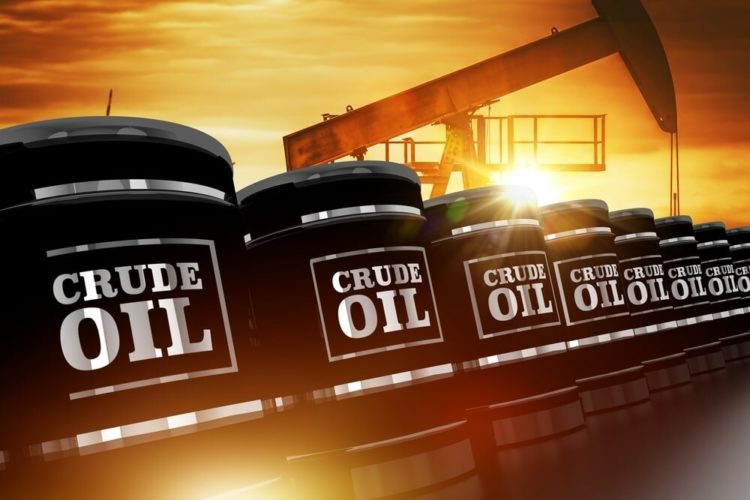Nigeria’s crude oil refining capacity has seen a drastic decline, hitting a mere 6,000 barrels per day, according to the latest data from the Organisation of the Petroleum Exporting Countries (OPEC). This marks a staggering reduction from 2018 when the capacity stood at 33,000 bpd. The country’s refining capabilities have been on a downward spiral, dropping by 33 percent in the past year alone, plummeting from 5,000 bpd in 2021 to its current state.
In a stark revelation, OPEC’s Annual Statistical Bulletin for 2023 underscores Nigeria’s position as the OPEC member with the most modest refining capacity, averaging just 10,600 bpd over the past five years. This trend has sparked widespread concerns, particularly regarding the continued importation of petroleum products despite the presence of government-owned refineries.
Comparatively, Saudi Arabia leads the pack among OPEC members with an impressive average refining capacity equivalent to 2.6 million barrels per day. Data from OPEC further indicates that nations like Algeria, Angola, Congo, Gabon, Iran, Iraq, Kuwait, Libya, United Arab Emirates, and Venezuela have consistently outperformed Nigeria in refining capacity between 2018 and 2022.
Notably, the Nigerian National Petroleum Company Ltd made a pivotal decision to halt the petrol subsidy regime in June, citing the exorbitant cost incurred by the government in importing petrol. Consequently, petrol prices surged from N189 per liter to a staggering high of N617 per liter.
The latest Premium Motor Spirit Price Watch Report for July 2023, released by the National Bureau of Statistics, unveils an alarming 215 percent rise in the price of petrol over the past year. The Senate’s revelation in May that Nigeria had expended over N11.35 trillion in revamping the country’s three dormant refineries over the last decade highlights the substantial investments made in these facilities.
Surprisingly, despite these substantial investments, the Federal Government currently leans on the Dangote Refinery, where it holds a 20 percent stake. Garba-Deen Muhammad, the spokesperson for NNPCL, emphasized that the company aims to curtail its fuel imports program come August, contingent on the commencement of refined petroleum product output from the Dangote Refinery in late July or early August.
While recognizing the necessity for local refining, Mike Osatuyi, the National Controller Operations of the Independent Petroleum Marketers Association of Nigeria, proposed exploring alternative solutions such as Compressed Natural Gas, underscoring the importance of diversifying energy sources for the nation’s sustainable future.










